Publications
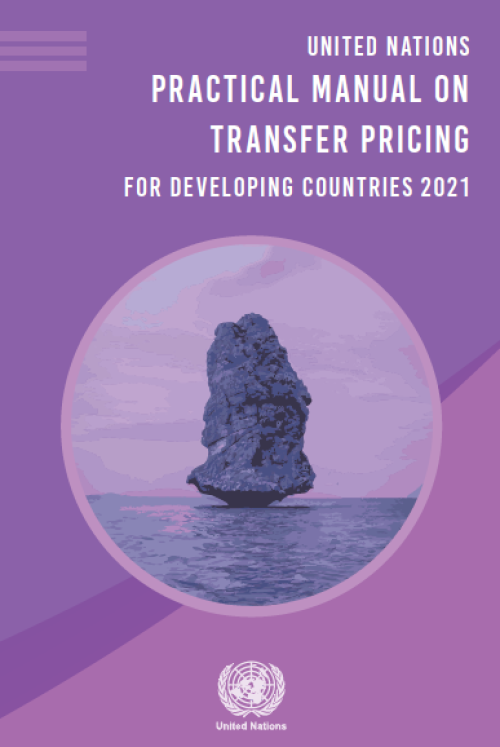
Transfer pricing is the general term for the pricing of transactions between related or associated enterprises. It should reflect the internationally accepted arm’s length principle embodied in Article 9 of the UN Model Double Taxation Convention between Developed and Developing Countries. It is particularly relevant to the global transactions of multinational enterprises, involving the transfer of goods, services and intangibles between enterprises of the multinational groups.
When transactions between associated enterprises do not reflect the arm’s length principle, profits might be shifted to low-tax or no-tax jurisdictions and losses and deductions shifted to high-tax…
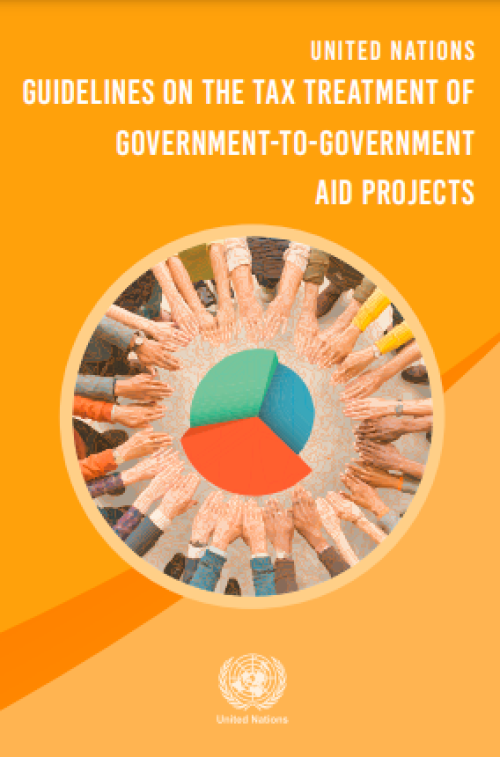
The proliferation of special tax exemptions, including tax exemptions related to government-to-government aid projects, poses a serious obstacle to developing country efforts to broaden their tax base. Donor countries are increasingly conscious of the difficulties that such exemptions create for the tax authorities, and a number of them have reconsidered their policy in this area. This trend is further encouraged by the call in the 2015 Addis Ababa Action Agenda on Financing for Development for countries to consider not requesting tax exemptions on goods and services delivered as government-to-government aid, in order to make their development cooperation more effective.
The new…
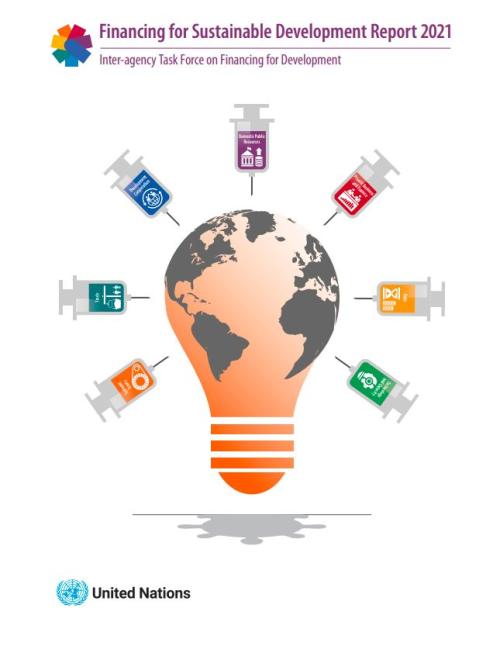
The COVID-19 pandemic is leading to an even more sharply unequal world as the development gains for millions in poor countries are reversed, according to a new report released by the United Nations today.
The Financing for Sustainable Development Report 2021 says the global economy has experienced the worst recession in 90 years, with the most vulnerable segments of societies disproportionately affected. An estimated 114 million jobs have been lost, and about 120 million people have been plunged back into extreme poverty.
Only immediate action can prevent a lost decade for development for many countries.
“What this pandemic has proven beyond all doubt is that we…
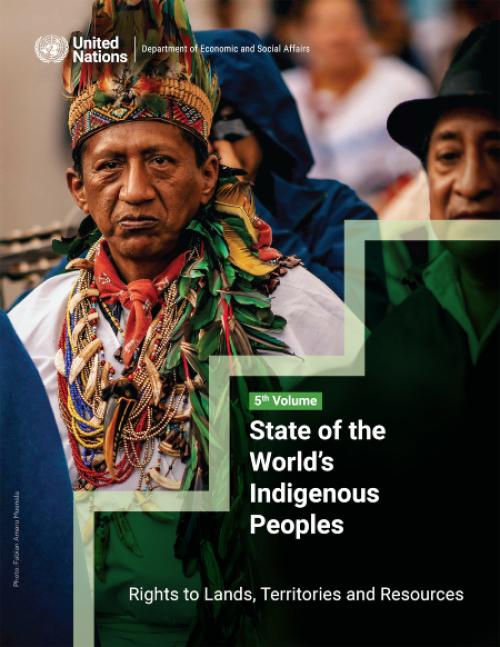
The world’s indigenous peoples call 22 per cent of the global land surface home. They live in areas where you find about 80 per cent of the planet’s biodiversity and much of the world’s non-commercially exploited land and many of its remaining mineral and forest resources, major rivers, fossil fuels and sources of renewable energy.
While often described as the custodians of our Earth’s precious resources, they are frequently denied their rights to lands, territories and resources, according to a new UN DESA publication released today.
The latest volume of the State of the World’s Indigenous Peoples entitled “Rights to Lands, Territories and Resources”,…
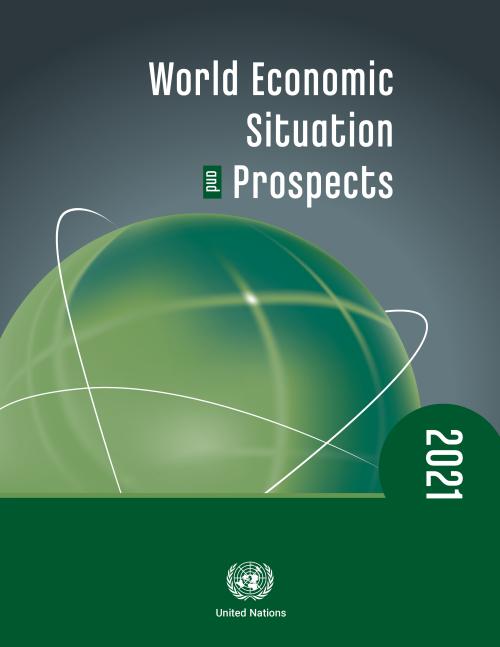
The United Nations today warned that the devastating socio-economic impact of the COVID-19 pandemic will be felt for years to come unless smart investments in economic, societal and climate resilience ensure a robust and sustainable recovery of the global economy.
In 2020, the world economy shrank by 4.3 per cent, over two and half times more than during the global financial crisis of 2009. The modest recovery of 4.7 per cent expected in 2021 would barely offset the losses of 2020, says the latest World Economic Situation and Prospects.
The report underscores that sustained recovery from the pandemic will depend not only on the size of the stimulus measures, and the…
COVID-19 has disrupted all forms of human mobility through the closing of national borders and halting of travel worldwide. Preliminary estimates suggest that the pandemic may have slowed the growth in the stock of international migrants by around two million by mid-2020, 27 per cent less than the growth expected since mid-2019, according to a report by the United Nations released today.
Growth in the number of international migrants has been robust over the last two decades, reaching 281 million people living outside their country of origin in 2020, up from 173 million in 2000 and 221 million in 2010. Currently, international migrants represent about 3.6 per cent of…
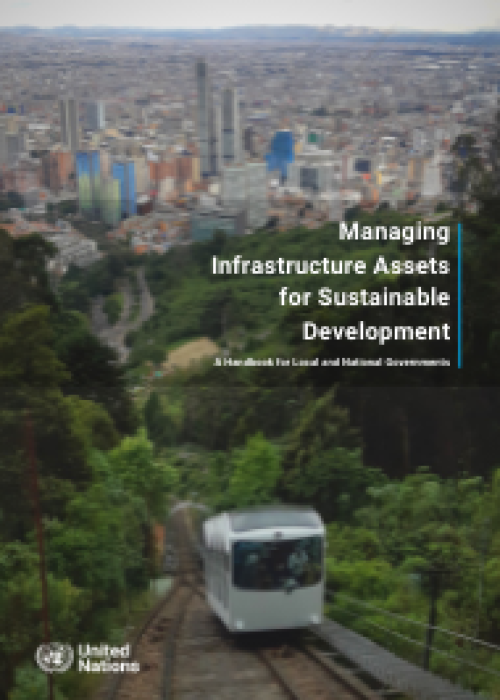
This UN/DESA-UNCDF Handbook represents a significant contribution to the Financing for Sustainable Development agenda, advancing both thought leadership and action. Finalized in the crucible of the COVID-19 crisis, the Handbook brings global visibility to infrastructure asset management as a critical, high impact area for investing in local capacities to mobilize and manage financing for sustainable development, including in emergencies.
With trendy focus on the ‘new and shiny’, old assets often go neglected, while new ones are built without putting in place effective asset management frameworks. Underinvestment in infrastructure maintenance has been estimated to cost some…
The new report examines five megatrends: climate change; demographic shifts, particularly population ageing; urbanization; the emergence of digital technologies; and inequalities –that are affecting economic, social and environmental outcomes. Efforts to reverse or redirect these trends must be reinforced to ensure that we achieve the full measure of the 2030 Agenda, and set the stage for an inclusive, sustainable and equitable future during the next 75 years.
All trends are the result of human activity, and as such, they can be shaped by human decisions and policy choices. By making the right choices today, without further delay, it is not too late to shape the major trends of…
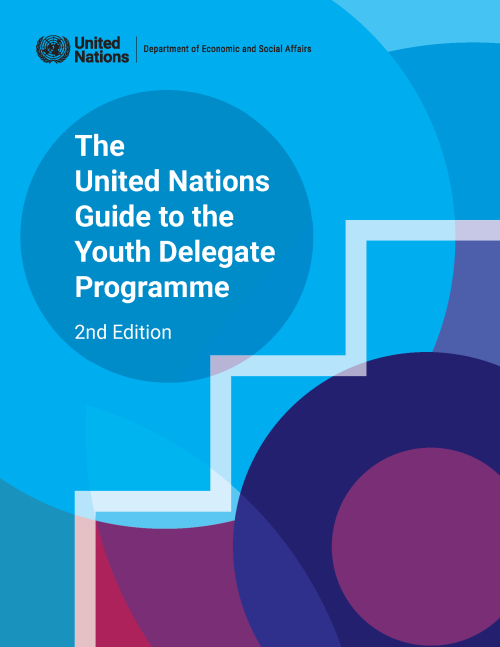
This guide has been developed as a resource for Member States to provide information about the inclusion of youth in their delegations and offers ideas for those with existing youth delegate programmes on how to potentially strengthen them. It includes sections on establishing a programme, suggestions for possible roles of youth delegates and practicalities to be considered.
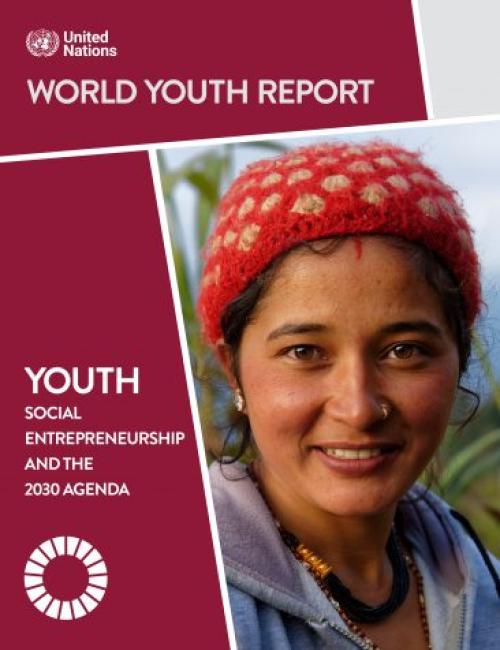
Tearing down barriers that prevent more young people from becoming successful social entrepreneurs will contribute to advancing the Sustainable Development Goals and tackling the socio-economic impacts of COVID-19, according to a new report released today by the UN Department of Economic and Social Affairs.
The report calls on governments and other decision-makers to remove obstacles to youth social entrepreneurship, such as access to start-up funds that are presently limiting the ability of young people to engage in profitable activities. Many regulatory systems often prevent — sometimes involuntarily — young people from accessing financial products and services needed…
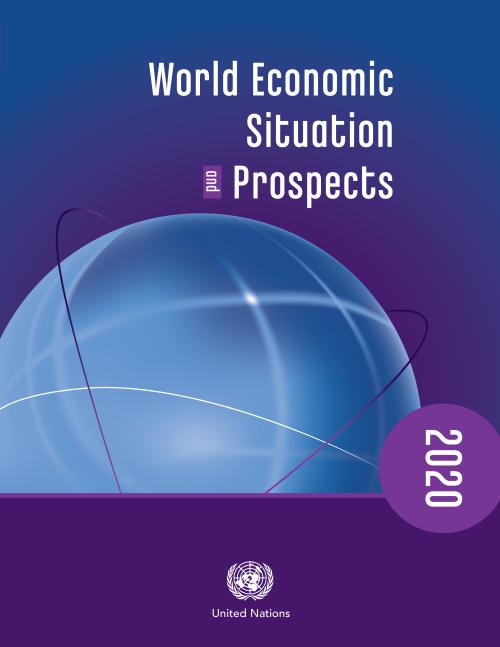
Against the backdrop of a devastating pandemic, the global economy is projected to contract sharply by 3.2 per cent this year, according to the United Nations World Economic Situation and Prospects (WESP) mid-2020 report.
The global economy is expected to lose nearly $8.5 trillion in output over the next two years due to the COVID-19 pandemic, wiping out nearly all gains of the previous four years. The sharp economic contraction, which marks the sharpest contraction since the Great Depression in the 1930s, comes on top of anaemic economic forecasts of only 2.1 percent at the start of the year.
The report estimates that GDP growth in developed economies is expected to…
Governments must take immediate steps to prevent a potentially devastating debt crisis and address the economic and financial havoc wrought by the COVID-19 pandemic – says a new report from the United Nations-led Inter-Agency Task Force on Financing for Development.
The UN System’s 2020 Financing for Sustainable Development Report outlines measures to address the impact of the unfolding global recession and financial turmoil, especially in the world’s poorest countries. Its recommendations are based on joint research and analysis from the UN System, the International Monetary Fund, World Bank Group, and more than 60 UN agencies and international institutions.
Even before…
 Welcome to the United Nations
Welcome to the United Nations